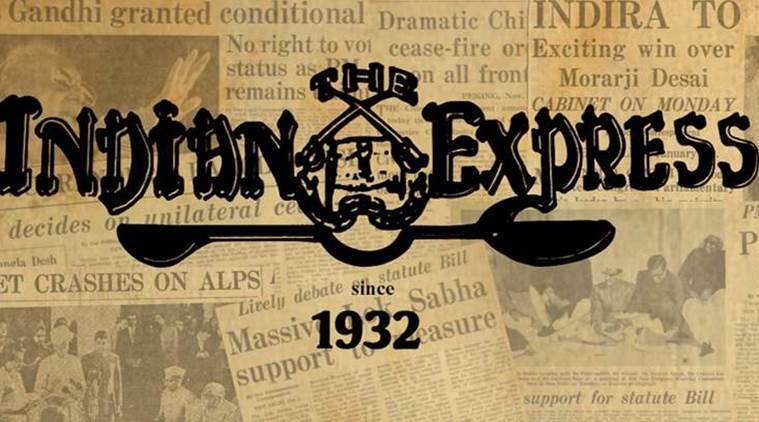 One of the main outcomes from the visit reflected India’s China anxiety.
One of the main outcomes from the visit reflected India’s China anxiety.
The visit of Nepal Prime Minister K P Oli has been hailed by both sides as “successful” in resetting the relationship. Whether this is true will become evident only with time. For the moment, Oli, who is viewed as “pro-China” in India, and his host, Prime Minister Narendra Modi, appeared to have made an effort to find meeting ground. The Nepali prime minister, whose visit to India came soon after he won a floor test with two-thirds of the 275-member Parliament backing him, is arguably the most powerful politician to lead his country in recent times. His rise on a nationalist platform mirrors Prime Minister Modi’s own style of politics, and though he kept the tradition of newly elected Nepal leaders visiting India first, he came demanding an equal friendship. Anxious about the Chinese footprint in Nepal, India showed it was ready to please.
Indeed, one of the main outcomes from the visit reflected India’s China anxiety. The two sides have agreed that India will build an electrified rail link between the Indian border town of Raxaul and Kathmandu, apparently in response to China’s reported plans to expand its railways from Tibet into Nepal. Prime Minister Modi described the project grandiosely as a plan to link the Everest to the ocean. Given India’s track record of completion of projects in other countries, the focus should be on getting this project on track and completing it without delay so that it gives people in Nepal — hundreds of thousands of them are employed in this country, study here, or visit regularly for business or religious tourism — easier access to the country’s vast rail network. A more ambitious project is to provide Nepal inland waterway connectivity to transport cargo. The two sides have opened up a new area of co-operation in agriculture. Oli is also reported to have brought up the need for India to complete unfinished projects such as the Pancheshwar dam on the river Mahakali, and to keep a commitment to build a road link the Terai.
The joint statement flags the resolve of the two prime ministers “to work together to take bilateral relations to newer heights on the basis of equality, mutual trust, respect and benefit”. It also references the cultural and historical ties between the two countries. Prime Minister Modi’s good governance mantra, Sabka saath sabka vikas, found mention in the statement as “a guiding framework for India’s engagement with its neighbours”. Such assertions are good for joint statements. Good neighbourliness can only come out of a deep understanding of each other, including the fact that a neighbour is bound to have more than one neighbour.